Cheers to Breer – the social enterprise inspiring us to upcycle our food scraps
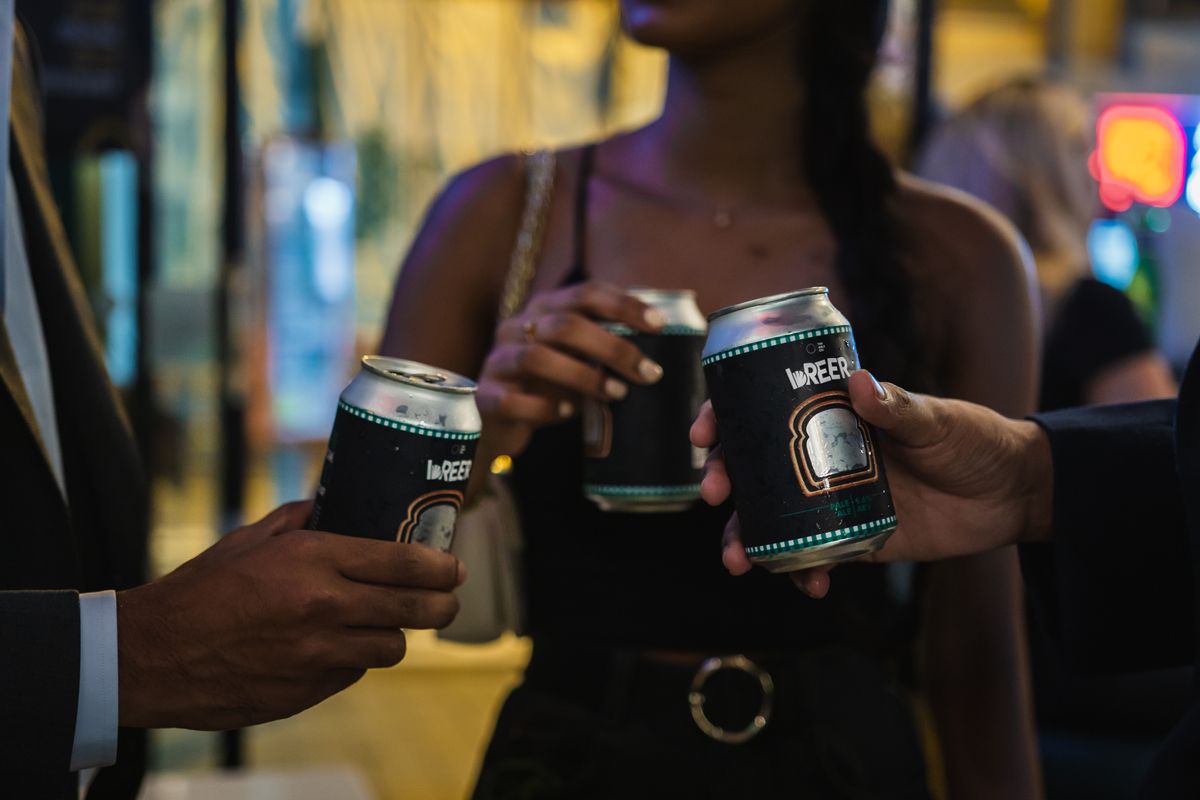
A few minutes every morning is all you need.
Stay up to date on the world's Headlines and Human Stories. It's fun, it's factual, it's fluff-free.
Breer, the boozy bread beverage business (try saying that 10 times fast!) has been heading onwards and up since the last time they sat down with TMS for an interview. Blossoming from an idea between four university students out celebrating the end of exams only to be shocked by the colossal amount of bread discarded by a bakery they happened to pass by, this social enterprise based on upcycling discarded bread into craft beer has seen great advances since its launch two years ago.
Two of Breer’s four founders, Naman Tekriwal and Suyash Mohan, caught up with TMS to chat about what has been going on behind the scenes with Breer and give us an idea or two on how to upcycle in our own lives.
Trash is treasure
Since their original idea of creating Breer back in 2019, Tekriwal and Mohan admit that Hong Kong caterer Maxim’s Group had always been on their radar for a collaboration. Being the largest supplier of bread in Hong Kong, it was consequently the largest resource of bread waste as well. It seems that Maxim’s was waiting for Breer to prove themselves in the market before approaching.
“You’d actually be surprised, but they were the ones to approach us,” Mohan says with a humble smile. “They realized they had a problem of bread wastage and finding different ways to bolster their ESG, and at the same time reducing their bread wastage was a task for them as well. And it seemed like a perfect fit for the both of us, you know – they could provide us with the surplus bread, and we could use that surplus bread to make craft beer.”
Together, Breer and Maxim’s launched BOB, an acronym for Bottle Of Bread. They saw that HK$10 from every bottle sold was donated to Operation Santa Claus, a charity campaign run by the South China Morning Post (SCMP) and Radio Television Hong Kong (RTHK).
“There was a very good feeling about launching the campaign with Maxim’s because we were able to achieve a scale with our purpose, which we would have not otherwise have been able to do,” says Tekriwal. Feeling grateful for Maxim’s facilitation of the projects, one thing was cemented – Breer was getting noticed, and they would ‘cheers’ for their good cause.
With an even more diversified portfolio, Breer was able to open in more locations. The startup presently serves 150 restaurants in both tap and bottle forms. Further inspired in their research and development department, they’re currently looking into more recipes and waste resources. Determined to expand from using bread to other food scraps such as coffee grounds, fruit and vegetable peels, the team is working hard on turning what would otherwise be trash into a high-quality, unique product.
Filling a gap in the market
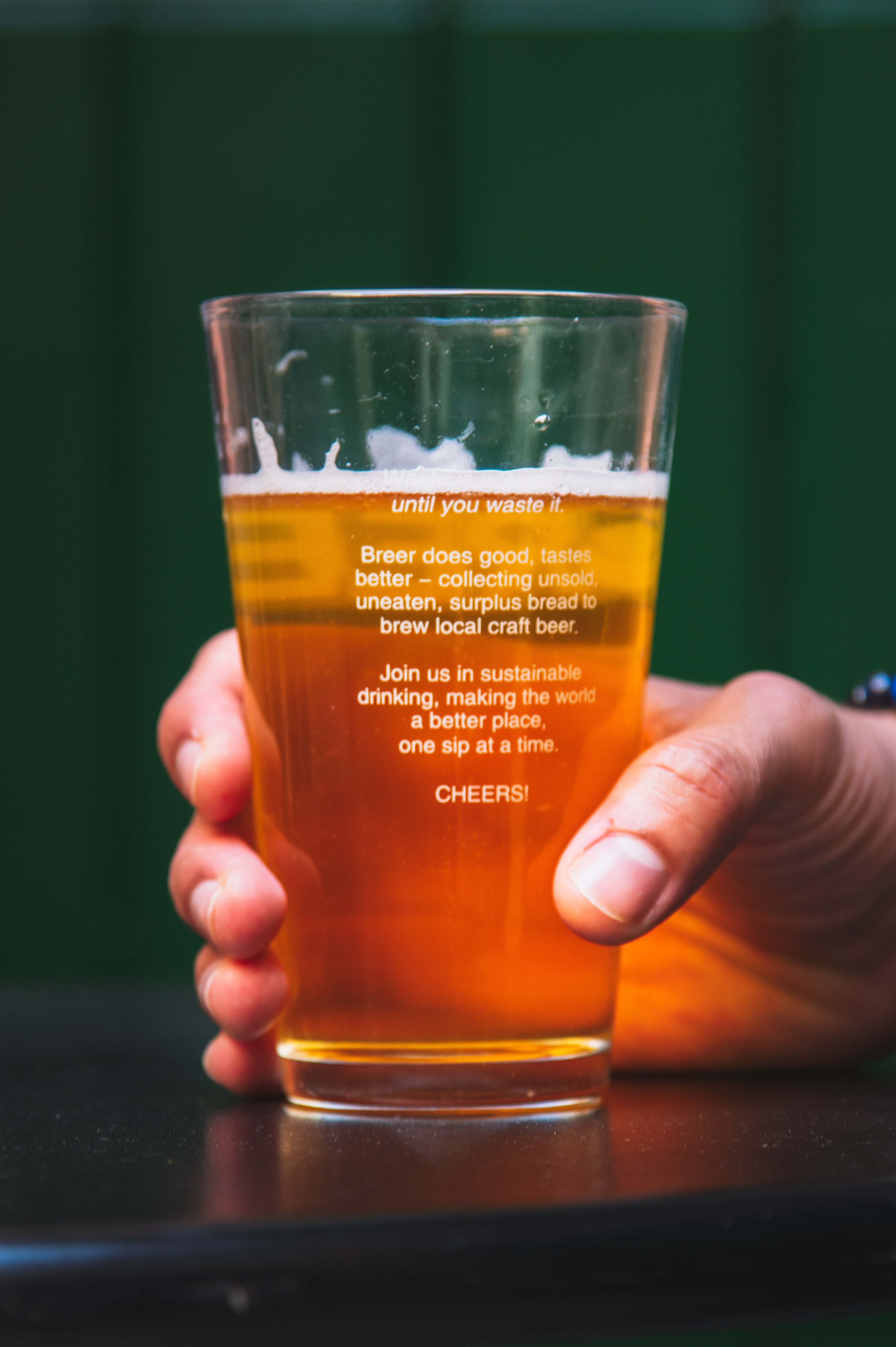
When asked about any potential competition with other charity organizations, such as Feeding Hong Kong and Bread Line, which also use bread runners to collect bread, Tekriwal explains: “With social enterprises, there’s nothing about competition, but only collaboration.”
At the start of their project, the Breer team reached out to the NGOs around Hong Kong to see if there was a way to collaborate. They quickly found out that despite the charities’ efforts, there was still a massive amount of bread waste.
Charities generally have several constraints, including storage constraints and strict requirements of the types of bread they can collect, therefore leaving a gap that Breer can fill in. The Breer team continues to work with charities around Hong Kong to minimize bread wastage and foster the entire ecosystem as one.
While Breer focuses on bread, many other products are being wasted that could be put to good use. There seems always to be a gap for upcycling somewhere, and it’s as far as the imagination can stretch.
“You know I recently met this founder in India, and what they are doing is that they are extracting cotton out of cigarette butts and using it to make soft toys. So that’s another angle of upcycling,” says Tekriwal. “The point is that you just need to identify what resources can you use to transform them into other resources which can have a commercial value, and you realize that there are a lot more upcycling businesses that are coming in.”
Nowadays, more and more companies are considering adding social elements to their already existing structures. According to Harvard Business School, an estimated 90% of companies on the S&P 500 published a corporate social responsibility (CSR) report in 2019, compared to just 20% in 2011.
Hong Kong is also seeing improvement in this area, with conglomerations such as New World Development launching the Impact Kommons Program and incubating impact-related startups. The Hong Kong government also contributes with grants and funds, such as the Social Innovation and Entrepreneurship Development (SIE) fund, which helps incubate social brands through their eventual scale-up.
“The transformation or the revolution is to start from these startups, but the final end goal is that every organization should adopt the idea of upcycling in any way whatsoever,” says Tekriwal.
A company of the future
“I think there’s an ingrained human – I don’t know how to put it, but – an idea that doing good means that you don’t make money out of it,” explains Mohan. “But I think that’s the ideology that needs to change a little bit. If the world wants to succeed and actually wants to go ahead in a way where we’re progressing, while making sure that we’re not compromising on the climate, not compromising on the environment, we need to make sure that we have companies that are profitable and are providing to the environment. But that’s not just the main goal.”
Breer positions itself through the ‘three Ps’ – planet, people and profit – making the company’s core value to fulfill and respect all three.
“How do we equally value all these resources, and contribute to the environment, while making a profit?” continues Mohan. “Because only by making a profit, then we can scale it up and create an impact, not just in Hong Kong but around the world.”
“I have been born and brought up with the idea that doing good will be good for business,” Tekriwal says, explaining that he’s been well-versed in the world of social enterprises, starting his first business when he was just 13 years old.
Capitalism has brought the world to where it is currently, where the planet struggles with climate changes and humans struggle to maintain resources. Yet, Breer’s founders point out that capitalism can also be a solution, where environmental consciousness and social awareness reign in the core value of companies.
“To be very honest, millennials and Gen Zs care about this,” says Tekriwal. “When they walk into a store, they walk in to buy a purpose, not a product. So if you’re not a purpose-driven brand, I don’t think you’re going to be existing or you’re going to be relevant in the next 10 years because people are aware, people know.”
A pint of advice
“If you want to be sustainable, I think it comes directly on a personal level. Try purchasing more sustainable brands. Try being more sustainable in your own livelihood. And if everyone can do that, you know the world can only go in a positive manner,” says Mohan. “It’s not that businesses need … or people need to make that impact. It’s just about slightly finding one or two ways to be more sustainable [that] will go a long way, for sure.”
“My message would be very loud and clear,” adds Tekriwal, “that – for the people who are looking to start assisting and building their business and contemplating whether we should do it or what should be the potential scope for it – the answer is very simple, it’s what Nike says, ‘just do it.’
“And you know, let the economy decide, let the world decide. But at least you’ll be known for the impact you have made. So for the people who are looking to start businesses, don’t wait on the idea, just go out and implement it. And for the people who are looking to become more sustainable, start with advocacy. Once you become an advocate, other people follow,” says Tekriwal.
Breer is a shining example of a company of the future, showing us that sustainability, upcycling and operating in circular economies are the way forward. Being environmentally aware can really pay off, whether through simple everyday actions or by running a social startup. Either way, the world will surely notice.
Be sure to look out for Breer in craft beer shops and restaurant outlets around Hong Kong. Should you have ideas about an outlet where you would like to see Breer, send them a message at info@breerhk.com, and let them know!

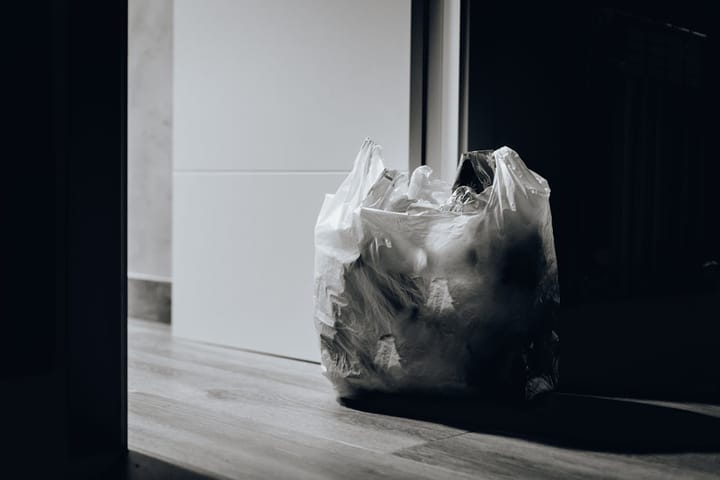
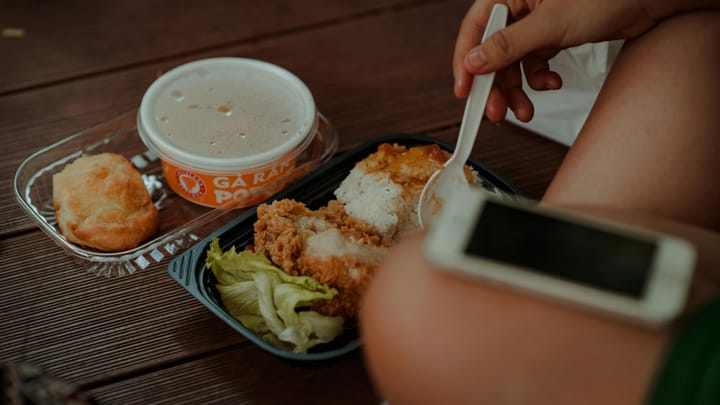
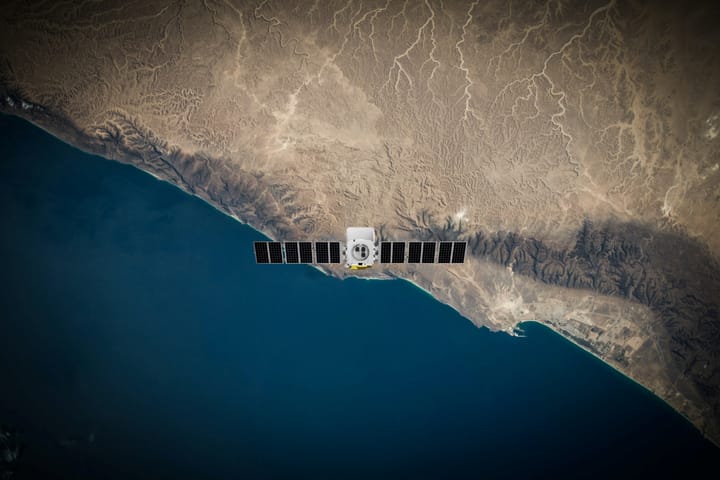
Comments ()